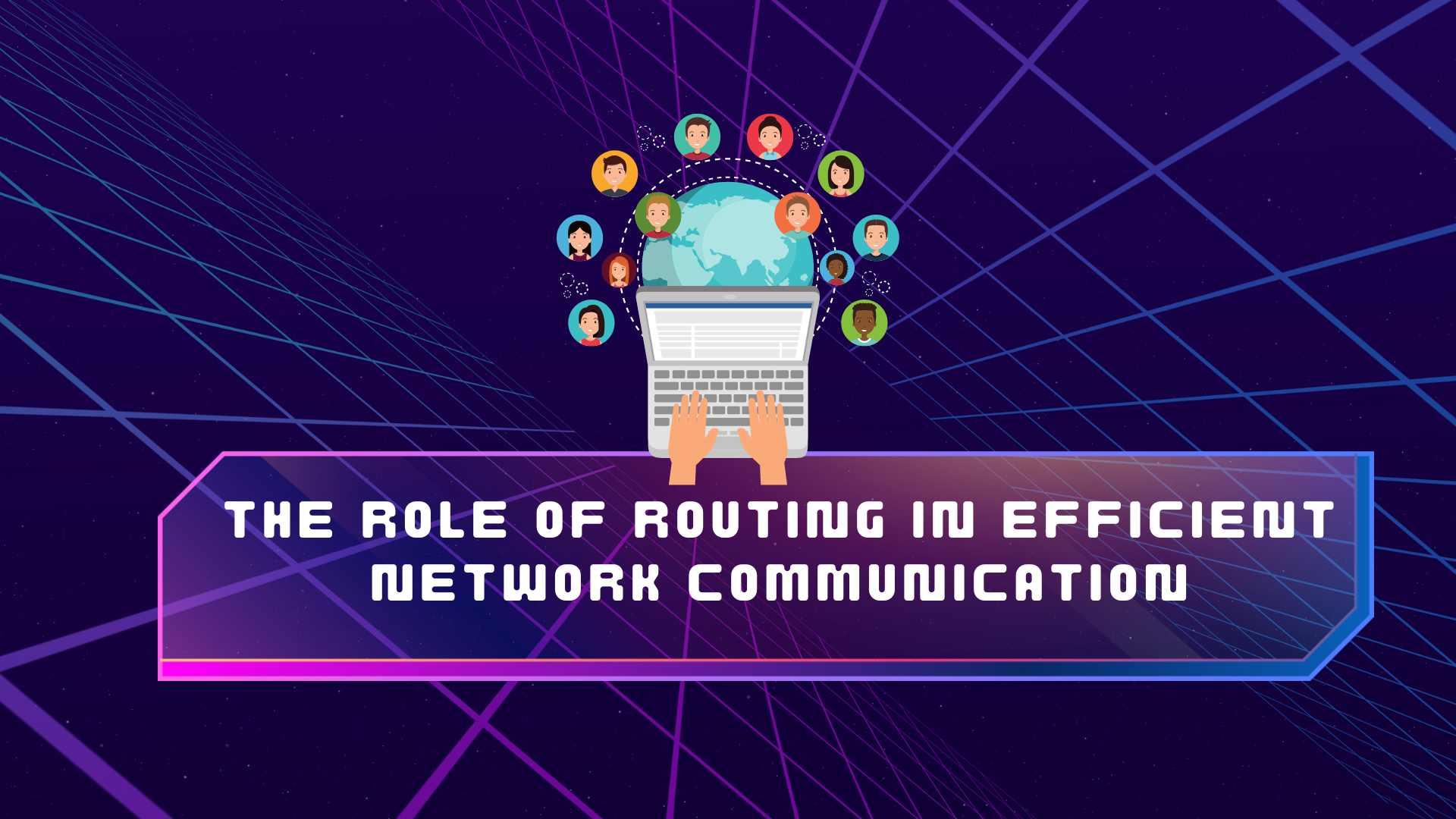In-house Software Development or Outsourcing: Which Should You Choose?
In today’s technology-driven business landscape, the right software can make or break a business. But how should businesses source that software? Should they create it in-house or outsource it? The answer to this question can have a transformative impact on a business, so here’s a closer look to help you make the right decision.
Why Is Outsourcing Development Becoming More and More Popular?
Research from Computer Economics suggests that IT outsourcing is becoming increasingly popular: The percentage of the total IT budget being spent on outsourcing rose from 10.6% in 2016 to 11.9% in 2017. Let’s take a look at why…
Development is expensive.
As the software development process becomes increasingly complex, it will keep getting pricier. So rather than hiring and training their own in-house team, outsourcing is often the simplest and most cost-effective option for businesses.
Businesses must be lightning-fast.
Today’s tech scene is incredibly competitive, and time to market is more important than ever. In many cases, outsourcing the development of software is the fastest way for businesses to launch their product and beat their competition.
Training costs time and money.
The high costs of development are augmented by the additional expense incurred by hirers and trainers. It’s notoriously difficult to find quality software developers. In other words, these professionals can demand high salaries and very favorable terms. However, outsourcing helps businesses avoid these additional costs.
We automate the complex work that requires an on-demand team to deliver high-impact business outcomes at rocket speed—by delivering all of the key features of outsourced software development.
Pros and Cons of Outsourcing Software Development
Of course, there are pros and cons to outsourcing software development. Here’s a closer look at them…
Pro #1: Quality resources at fast rates
It can take a lot of time to coordinate projects internally. Before a project can get off the ground, you must follow these steps:
Source and train engineers.
Outsourcing development involves the capacity to find a development team that can be plugged directly into the business. These candidates have the right profiles with the right abilities, and they’re waiting to execute according to the needs of their client. This prioritization significantly speeds up software development, and it helps businesses reach the market faster than their competitors.
Pro #2: High productivity at low costs
The hiring process is very expensive, and we all know how difficult it can be to find good engineers. The abilities of these engineers warrant high salaries. But they’re just human, so they can’t constantly be productive. So companies eventually end up paying for downtime.
Outsourcing allows companies to only pay for the engineering hours they require. In other words, costs are kept to a minimum, and their projects move along at the most productive paces possible.
Pro #3: Scaling to your needs
As a project evolves, the needs are often susceptible to change. Perhaps a new component or significant area needs to be coded at short notice. If a company works with in-house engineers, they may end up overworked and unhappy. Sometimes, those changes may require abilities outside of their reach.
However, if a company chooses to outsource, they’ll be able to ensure consistent delivery by creating new development teams as they’re required, and these teams can decrease in size as necessary.
Pro #4: Reliable levels of service
Engineers are human beings, and your in-house hires are susceptible to a range of common issues. They could become despondent, uninterested, or overly affected by a range of personal issues.
But by outsourcing your software development, you should be able to work alongside a reliable team. The best outsourcing companies have a huge number of talented, trusted engineers. In other words, your project can keep moving toward the agreed-upon schedule.
Pro #5: Access to the best engineers
When it comes to filling positions in a business, software developers are ranked as the #4 Most Difficult Position to find worldwide. Sourcing quality engineers is a complex, expensive undertaking. To get the very best, you have to offer significant salaries and benefits. If you decide to go in-house, you may not even get the best developers.
When businesses work with a quality software development provider, they can gain access to trusted, professional software developers. Then businesses don’t have to go through a long, expensive hiring process, and they can get immediate assistance.
Con #1: Potential for reduced communication
If a business fails to choose the right software provider for their needs, they may find that the quality and frequency of communication is reduced, as compared to in-house communication.
Businesses should be sure to find a high-quality provider in their own timezone.
Con #2: Time required to find a quality provider
All software development providers aren’t the same, in terms of quality and level of service they offer.
It’s not easy to select a quality software development provider. Businesses must be ready and able to invest the appropriate amount of time in a trusted and reputable provider that’s a good fit for their needs. Feel free to get in touch with us to learn more about our unique approach.
Con #3: Weakening of in-house abilities
Working with a software development agency may mean that businesses fail to train their in-house staff and provide them with innovative tasks.
The best software development providers are able to create quality products that can help your in-house staff earn. Businesses should also do their best to encourage their in-house staff to learn and develop further.
Con #4: Articulation of needs
Some software development providers require sophisticated technical briefs before they’re able to start working on a given project.
Often, businesses need someone to articulate these technical needs and make key decisions on behalf of the software development provider. But in many businesses, this technical role is already filled.
Con #5: Potential for hidden costs
If a business fails to provide a quality initial brief, they may find that the development of their software becomes more expensive.
It’s important for businesses to work with a quality software development provider that can help them develop a quality brief that ensures everything is clear and that asks don’t spiral out of control.
Pros and Cons of In-House Software Development
How about in-house software development? Let’s take a look at the pros and cons in this area.
Pro #1: Predictable annual expenses
In-house development means that your annual expenses become more predictable. Depending on the current stage of your business, the salaries and costs associated with an in-house team are relatively static, and they won’t change over the course of a year.
Pro #2: Healthy engineers
Depending on the status of your business, you may find that it makes the most sense to ensure your development team is happy and working on appropriate projects. However, this strategy depends on a range of factors, including the software you need to develop, the engineers you already have, and the time sensitivity of your project.
Pro #3: Find star performers who change the business
If you’re relying on your software to give you a competitive edge over your competitors, you may it’s worth it to invest in a superstar software developer who can set your business apart. But since this kind of endeavor is so expensive, you have to make sure it’s cost-effective.
Pro #4: Familiarity with your business
If you pursue in-house software development, you may find that your software engineers become more familiar with your business and the codebase they’ve developed. These developers can pay dividends in the future, but it’s important to realize you can’t become too reliant on certain members of your team.
Pro #5: A sense of control
Ultimately, in-house development can give you a sense of control over your projects. When deciding whether to pursue in-house or outsourced software development, you may find this sense of control is the most important factor, depending on your management style.
Con #1: High costs
In-house software development is incredibly expensive, given that businesses must pay for the sourcing and maintenance of developers. It’s also less cost-effective, given that businesses rely on in-house development to pay for the inevitable downtime engineers require.
Con #2: Slower development cycles
Depending on the project, in-house development can often be slower. If a business is hoping to spin up a new project that requires various disciplines and new technologies, they may find their in-house team lacks those required skills.
Con #3: Expensive hiring processes
It can often cost businesses tens of thousands of dollars to hire talented engineers. This cost can include a lengthy interview process that can impact other areas of a business.
Con #4: Risk of low productivity
When it comes to hiring in-house staff members, productivity is a real issue. Regardless of the efficiency of managers and the techniques they employ, team members ultimately need to enjoy regular breaks and go through periods of low productivity.
Con #5: A lack of scalability
By outsourcing software development, it can be very easy for businesses to add new members of the team in a modular fashion. In fact, they often don’t have to worry about managing developers at all. Scaling an exclusively in-house project requires the business to invest significant amounts of time and money on growing the team.
Conclusion
We hope this article has helped you clarify the debate between in-house software development and outsourcing. It’s difficult for many businesses to make this decision, but it certainly appears that outsourcing software development is the most logical choice.




